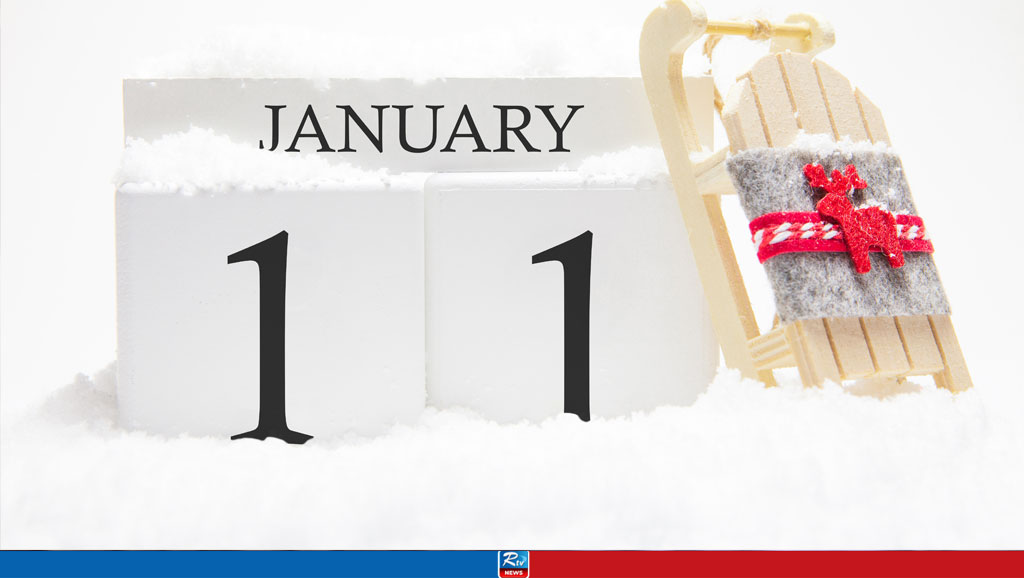Life Style
The Reason Why January Seems So Long
Saturday, 01 February 2025 , 09:23 PM

January lasts 31 days, just like several other months of the year. Yet, unlike the sunny vibrance of July or the festive buzz of December, it often feels like an eternity. On social media and in popular culture, January has been unofficially crowned the longest month, with people bonding over its seemingly endless nature. But why does this perception persist? Experts point to several psychological and environmental factors that contribute to this phenomenon.
The Factors Behind January's Slow Pace
Post-Holiday Blues: The emotional high of the holiday season—exchanging gifts, enjoying festive gatherings, and indulging in celebrations—results in a flood of dopamine, the brain's pleasure chemical. Clinical psychologist Chloe Carmichael explains that once the holidays end, this dopamine boost abruptly declines, leading to a sense of depletion and emotional withdrawal.
Cold and Dark Days: For many regions, January brings harsh winter weather and some of the darkest days of the year. The limited daylight can contribute to seasonal affective disorder (SAD), leaving people feeling lethargic and unmotivated. Fewer spontaneous social interactions due to cold temperatures further amplify feelings of isolation.
Financial Strain: Many people begin the new year facing the financial reality of holiday spending. Overspending on gifts, travel, and festivities can lead to financial stress, which in turn impacts overall well-being and makes the month feel more burdensome.
Back to Routine: Returning to daily life after a holiday break can be jarring, especially for those who weren’t fond of their routines to begin with. Re-establishing habits—such as work, exercise, and healthy eating—can feel overwhelming, making time appear to stretch longer than usual.
New Year Pressures: The start of a new year often comes with personal reflection and goal-setting. While this can be motivating, it can also create pressure and stress about past achievements and future aspirations. The weight of resolutions and self-imposed expectations can make the days drag on.
Time Perception and Discomfort: Psychologist Pauline Wallin notes that when people experience discomfort—whether from boredom, stress, or fatigue—they tend to focus more on how long it lasts. This heightened awareness makes time seem to slow down.
How to Make January Feel Shorter
Fortunately, there are ways to make January feel less endless and more enjoyable:
Plan Enjoyable Activities: Instead of focusing solely on resolutions, incorporate activities that bring joy. Try a new hobby, sign up for a fun class, or plan a short getaway. Even a brief escape to a cozy destination can offer a mental refresh.
Make Healthy Resolutions Exciting: Consider investing in activities that make self-improvement more enjoyable—like a package of personal training sessions, massages, or a cooking class. Framing resolutions as opportunities rather than obligations can make a significant difference.
Prioritize Rest and Recovery: The holidays can be physically and emotionally exhausting. Permitting yourself to rest—by getting extra sleep or simply taking time to unwind—can help reset your energy levels and improve your outlook.
Remember January Will End: If the month still feels overwhelmingly slow and the usual coping strategies don’t help, it may be worth consulting a professional. For some, prolonged winter blues may indicate underlying depression or seasonal affective disorder that requires additional support.
By making small but meaningful adjustments, January doesn’t have to feel like an endless stretch. Instead, it can become a time for reflection, renewal, and new beginnings.
